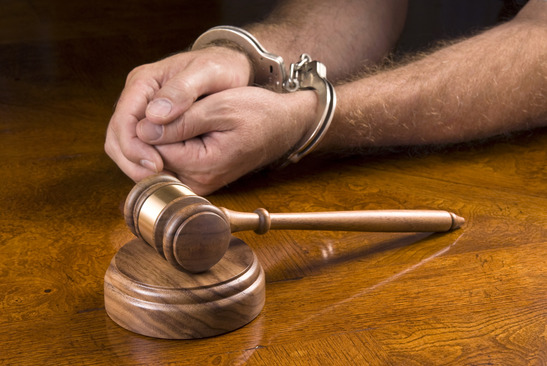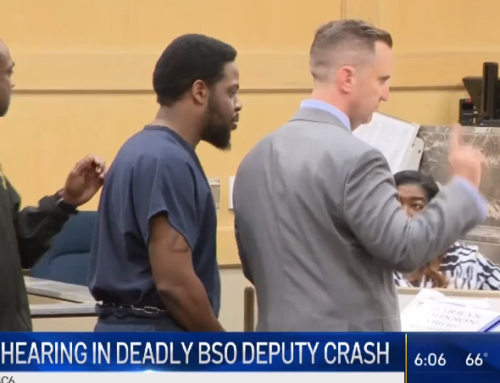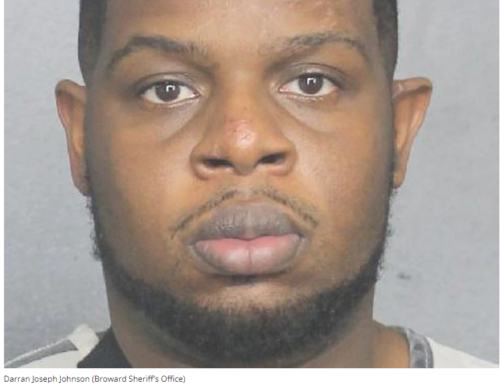According to the Bureau of Justice Statistics, an estimated 4,650,900 American adults were under community supervision at the end of 2015. Community supervision refers to the probation and parole system for adult offenders.

If you are currently on probation and violated your order, contact Michael D. Weinstein, PA. As your criminal defense lawyer, Mr. Weinstein will evaluate your situation, explain the potential outcomes of your case, and compassionately represent your interests. Call 1-877-639-4404 to schedule a free consultation with a VOP attorney in Fort Lauderdale.
Does Probation Go on Your Criminal Record?
If you have a criminal record, it can affect everything from which industries you can work in to where you can live. According to the Florida Department of Law Enforcement, you can apply for the sealing or expungement or your criminal record, but the state does not necessarily have to grant your request.
Your criminal record contains any arrests, convictions and sentencing specifics. Because probation and community service fall under sentencing, they go on your criminal record, as well. Criminal records are essentially permanent in that law enforcement officials and prosecutors have access to them long after any conviction or sentencing occurs.
What Is the Difference Between Probation and Parole?
Probation refers to supervision by the Department of Corrections and is typically an alternative to serving jail time. The court can impose both general and specific conditions of probation, which the individual must follow in order to avoid additional legal consequences.
Parole also refers to supervision by the Department of Corrections but occurs after an individual has already served time in jail. Parole also imposes certain conditions that individuals must follow, but they come after completing a prison sentence.
What Happens If I Violate One of the Conditions of Probation?
If you violate one or more of the conditions of your probation, you could face serious legal trouble and may even have to serve jail time, depending on the circumstances of your case. In order for the court to impose a sentence, the prosecutor must prove that your violation was both substantial and willful.
If you made a reasonable effort to adhere to the conditions of your probation, the court may not consider your violation willful, in which case you will not face penalties. Additionally, if the court does find you guilty of violating your probation, you have the right to file an appeal with the state’s next highest court.
Although filing a successful appeal is challenging, there are cases in which the higher court determines that there was not enough evidence to support a conviction. If that happens, the court will dismiss the violation entirely.
If you were accused you of violating your probation in Florida, turn to Michael D. Weinstein, PA. Mr. Weinstein is board-certified in criminal trial law and offers free initial consultations to all potential clients.
Call 1-877-639-4404 to schedule a consultation with a Fort Lauderdale criminal defense lawyer. You can learn more about criminal defense strategies in Florida by visiting USAttorneys.com.





